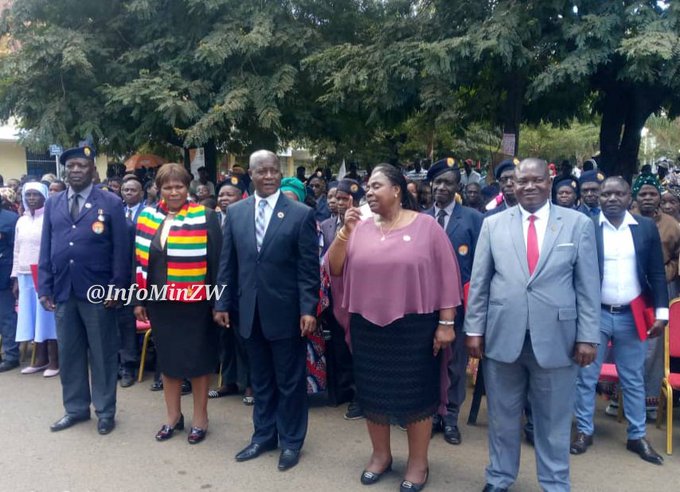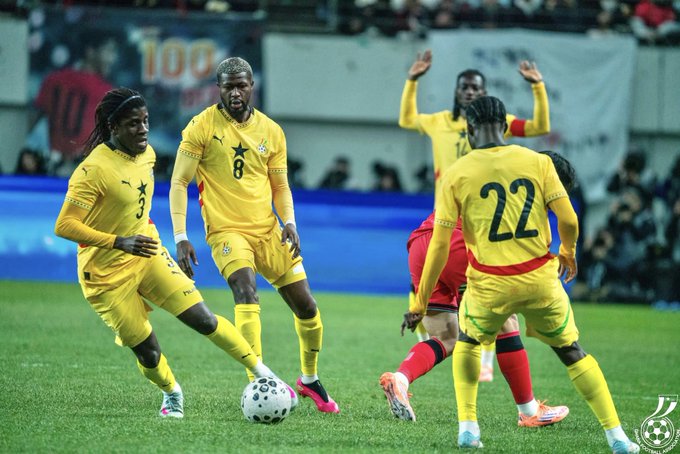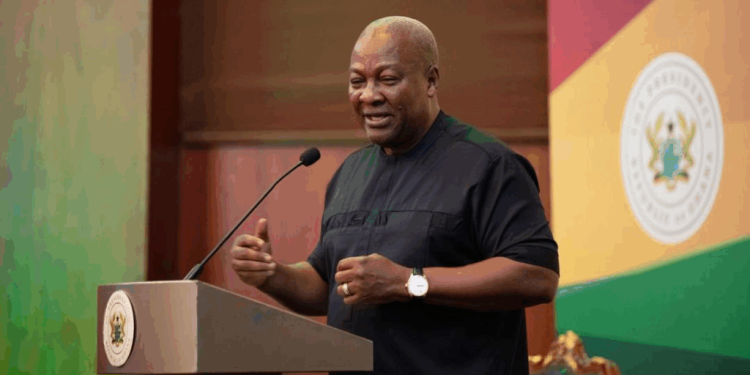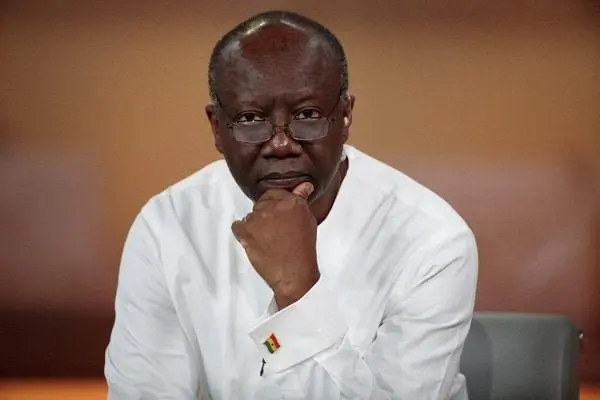The Republic of Mozambique government has reaffirmed the cordial relationship with their counterpart, the Republic of Zimbabwe.
According to Manica Province Governor, Madame Francisca Domingos Tomas the President of Mozambique, Filipe Nyusi is impressed with the unity, peace, and significant development prevailing between Zimbabwe and Mozambique.
She said this during Mozambique’s 48th Independence Day Celebration held in Chimoio on June 25, 2023.
“President Filipe Nyusi appreciates the unity, peace, and significant development prevailing between Zimbabwe and Mozambique”. She stated.
At the same event, veterans of the Mozambican liberation struggle were honoured with medals and certificates for their participation in the struggle for Independence.
Bilateral relations
Mozambique–Zimbabwe relations are bilateral foreign relations between two neighbouring Southern African nations. Both nations are members of the African Union, United Nations, Southern African Development Community and the Non-Aligned Movement. Two countries share an over 1,000 kilometres long common border. While they face occasional strains, leadership is strategically committed to maintain strong bilateral ties.
Relations between the leadership of the two countries developed in the period of anticolonial struggle when FRELIMO helped the Zimbabwe African National Union actions against the Rhodesia regime.
ZANU received direct support from Mozambican citizens living along the border as well. After gaining independence in 1980 and until 1990 Zimbabwe provided military support to FRELIMO-led government in Mozambique in the fight against RENAMO during the Mozambican Civil War.
Independence Day Celebration
Mozambique Independence Day is celebrated on June 25 every year. Also known as the ‘Dia da Independência Nacional,’ this federal holiday is a time for every Mozambican citizen to reflect and rejoice in their nation’s independence.
Nestled in the south-eastern region of Africa along the Indian Ocean coastline, Mozambique is famous for its beaches and warm climate, which makes it a top-notch tourist attraction. But beyond its allure and the sunkissed landscape is a rich history not many people know about. From its European colonialism to its revolution against Portugal,
Mozambique is a country that has fought hard for order, peace, and independence. It’s time to honor the country’s culture and identity
Mozambique eyes great future as it marks 48th Independence Day
On 25th June 2023, the Republic of Mozambique celebrated the 48th anniversary of its National Independence (1975). On this day, all over the country, and abroad, all Mozambicans celebrate with joy and pride the most significant landmark of the nation.
With a population of about 33mn inhabitants, Mozambique is a country located in the Eastern coast of Southern Africa whose boundaries are to the North, Tanzania, to the Northwest Malawi and Zambia, to the West, Zimbabwe, and to the Southeast eSwathine and South Africa. The Eastern seaboard is the section of the Indian Ocean known as Mozambique Channel.
The history of the country is largely influenced by the rich and fascinating influence of Arabic, Portuguese, Chinese and Indian cultures integrated to local that makes the country very unique.
The climate is tropical to sub-tropical with raining season running from November to March and main big rivers are Zambezi, Rovuma, Lurio, Buzi and Maputo. The country is famous for its beaches and warm climate, which makes it a top-notch tourist attraction.Its long Ocean Indian coastline on the East (approximately 2,800km of coastline), makes a location geographically blessed as route for international trade, as well as for fishing and divers tourism activities.
The geo-strategic location led Mozambique to connecting the hinterland countries to the world through national ports.Beside the country’s favourable geography, much due to natural resources, the last decade has seen substantial developments in its logistic infrastructure, particularly when it comes to ports.
The deep port of Nacala in Nampula Province went through a much-needed refurbishment, Beira Port enhanced its infrastructure and, the Maputo Port constantly reported volume growth managing to secure a position as a gateway into the region.
To address the challenges ahead on socio-economic situation within the country, aggravated by the impact of Covid-19 and cyclical natural disasters, in August 2022 the Mozambique government introduced a series of 20 economic stimulus measures, dubbed PAE, aiming to resume economic growth, improve the business landscape, transparency, governance, accelerate infrastructure projects and tourism, particularly through the establishment of e-visas online.
Before outreach of Covid-19, and for a decade, the country’s economic growth was on an average of 7%. Due to Covid-19, from 2020 to 2021, the economic growth was around 2.16%, but increased in 2022 by 4.14%. Mozambique’s commitment to supporting resilience actions in the context of climate change is also part of the country partnership framework.
Despite the challenges ahead, Mozambicans believe there is much to celebrate. The foundation for unified nation based on freedom and justice for all prevails. The path of co-operative efforts has contributed to a more peaceful, prosperous, and healthy Mozambique for all. Joint security co-operation has created space for continued economic growth and development.
People-to-people engagement through professional, academic, and cultural exchanges, has deepened ties with its partners.
On bilateral relations, it is important to mention that Mozambique and Qatar will celebrate next year (2024) the 30th anniversary of diplomatic relations, built on political and diplomatic co-operation by having the Qatar as a relevant partner in the international arena, particularly on issues of global interest such as at the United Nations, Islamic Conference Organisation and other international fora, along with growing commercial trade between the two countries.
Mozambique and Qatar share principles in their foreign policies, such as the recognition of the sovereign equality of states; recognition to international law as a norm of conduct in international relations; recognition of territorial integrity or political independence; non-intervention or interference in internal affairs of other states; rights of self-determination of peoples; and others.
In November 2021, President Filipe Jacinto Nyusi, designated for the first time, a resident Ambassador Extraordinary and Plenipotentiary to State of Qatar and established its embassy in Doha, aiming at strengthening the existent relations of friendship and co-operation between the people and governments of the two countries.In view to continuously improve the relationship between the two countries, in February 2022,
President Filipe Jacinto Nyusi paid a working visit to Qatar to attend the VI GECF Summit of Heads of State and Government of the Gas Exporting Countries Forum held in Doha following an invitation from His Highness the Amir Sheikh Tamim bin Hamad al-Thani. That historic visit was marked by the accession of Mozambique as Observer to GECF and an opportunity to discuss with His Highness the Amir and government members on mechanisms to reinforce the bilateral co-operation in the near future.
As a result of this mutual engagement, both sides are currently preparing a series of agreements to commit both countries and peoples to work together with a view to establish partnerships towards the improvement of the bilateral co-operation for development.
Qatar hosts significant number of Mozambique nationals mainly working and sharing their experience in different fields, for more than a decade, adding therefore their valuable contribution to the development of this wonderful nation.
History of Mozambique
Mozambique was first discovered by Portuguese explorer Vasco De Gama at the end of the 15th century. By 1530, Portugal had already established a solid colonial territory in the country. This presence led to the displacement of the original Bantu tribes.
Moreover, locals were forced into slavery when the trade between Europeans and Arabs took off. Throughout the next centuries, the Portuguese influence on Mozambique continued to expand into its interior regions. As the traders began to seek gold and colonists established mining enterprises and trading posts, the country has now become a parcel-out land to European settlers.
By the 18th century, Mozambique had become a major slave-trading center in Africa. However, the light at the end of the tunnel was seen in the late 19th century when traders, colonists, and settlers from Portugal started to decline. Slavery had also been legally abolished at this point.
In the mid-1920s, locals and indigenous tribes started to rebel and revolt against Portuguese rule — demanding a free and independent nation. However, Portuguese rulers suppressed these groups, forcing them into exile. But it was in 1962 when FRELIMO, or the Mozambique Liberation Front, was born and headed by Eduardo Mondlane. They started an armed guerilla war against the Portuguese in 1964.
Mozambique gained international assistance, including a UN resolution pressuring Portugal to decolonize the country. In 1974, this was accomplished when more than 250,000 Portuguese settlers fled the nation. Mozambique became an independent country a year later, under the leadership of FRELIMO President Samora Machel.
Source: Elvisanokyenews.com






